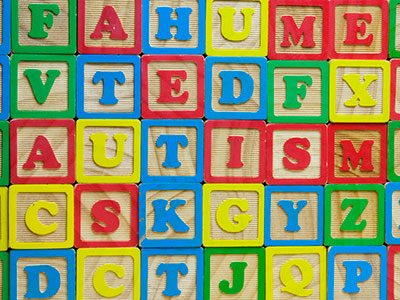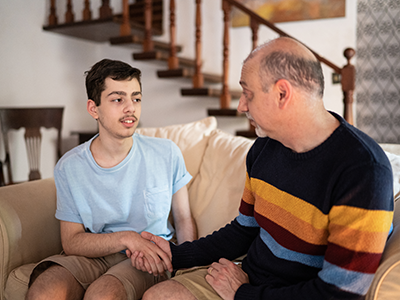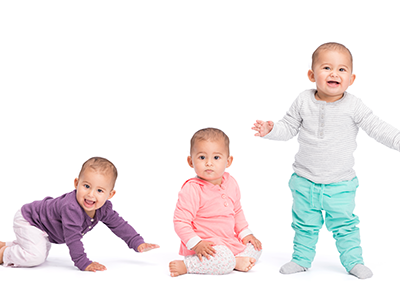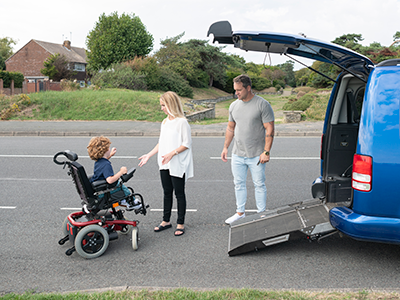In a previous article we talked about genetic testing after an autism diagnosis. Now, let’s look at the flipside of that — autism in children who were first diagnosed with a genetic condition. For these children, their autistic traits, the diagnostic process and intervention can be different from the wider autistic community!
Many genetic diagnoses increase the likelihood that a child will be diagnosed with autism. For example, we know that children with Fragile X, Down Syndrome, Cornelia de Lange Syndrome, Tuberous Sclerosis Complex, Angelman Syndrome and Rhett Syndrome are all more likely to be autistic. We also know that having a genetic disorder and an intellectual disability increases the likelihood of autism even more. Finally, we know that autistic characteristics can look different in children with genetic diagnoses. Some disorders even have a particular “flavor” or presentation of autistic traits!
Because of all this overlap, diagnosing autism in children with genetic disorders and intellectual disability can be tricky, but for many families, an autism diagnosis may be helpful in understanding why their child seems different from others with their genetic diagnosis. While this can be overwhelming for families at times (children with genetic diagnoses often have a lot going on including autistic traits and medical complexity) recognizing autistic traits can help guide intervention, including intensive behavior intervention and communicate support needs.
Even with an autism diagnosis, intervention should always be individualized. Families should be aware that research on autism and autism intervention rarely includes individuals with genetic diagnoses! This means that interventions need to be flexibly molded to the needs of the child and the family, with expectations for more incremental progress. Classrooms and programs designed for the wider autistic community may or may not be a great fit.
For families with children with genetic changes, the University of Birmingham has a handout on the process of autism assessment.
For individual genetic syndrome, advocacy and family groups often have similar resources:
For individuals with less common genetic changes, Unique gathers family experiences, including information on autistic-traits.
As a last note: there is debate among doctors, parents and people with genetic conditions about whether or not it is appropriate to diagnose autism in children with genetic conditions or whether autistic traits should be considered as just a part of the existing genetic diagnosis. While we’ve discussed some reasons that an autism diagnosis may make sense or be helpful for children with genetic conditions (and for many families, an autism diagnosis may not be the right fit for their child with a genetic condition), this is a complicated topic that we hope to explore more in future articles!
 https://riseandshine.childrensnational.org/wp-content/uploads/2025/03/woman-being-mindful-feature.jpg
300
400
Danielle Robbins
https://riseandshine.childrensnational.org/wp-content/uploads/2017/11/childrens_riseandshine_logo.jpg
Danielle Robbins2025-03-19 16:47:262025-03-19 16:48:14Self-care for parents of children with autism: Avoiding burnout
https://riseandshine.childrensnational.org/wp-content/uploads/2025/03/woman-being-mindful-feature.jpg
300
400
Danielle Robbins
https://riseandshine.childrensnational.org/wp-content/uploads/2017/11/childrens_riseandshine_logo.jpg
Danielle Robbins2025-03-19 16:47:262025-03-19 16:48:14Self-care for parents of children with autism: Avoiding burnout





















Leave a Comment
Want to join the discussion?Feel free to contribute!